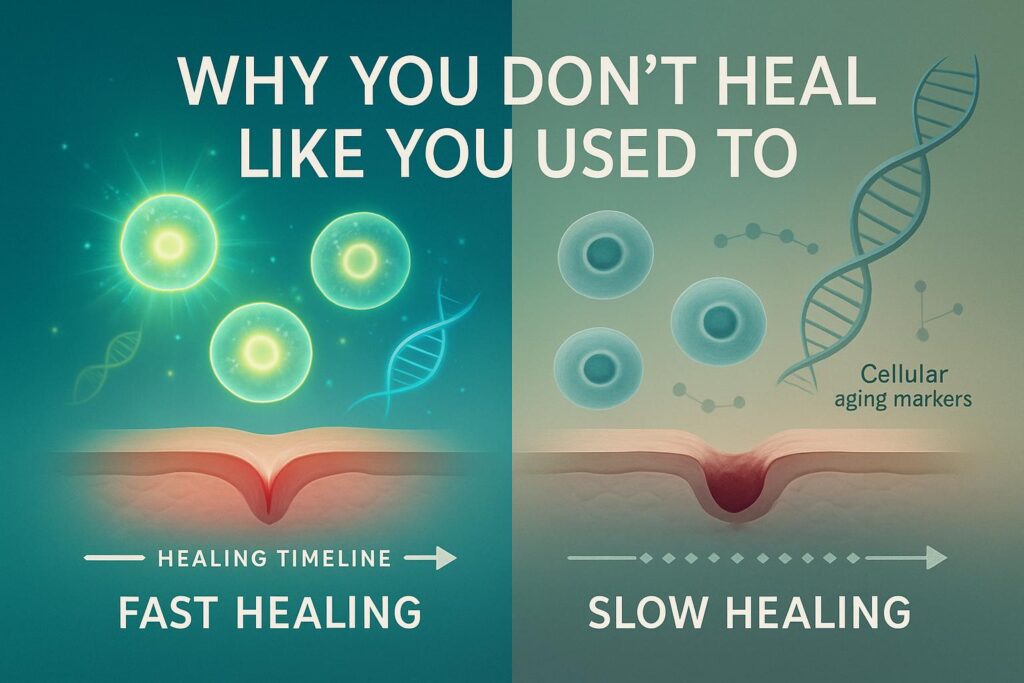If you’ve been considering PRP or stem cell therapy as a way to improve your health, you may be wondering what the difference is between the two. PRP, or platelet-rich plasma, therapy involves extracting blood from your body and separating out the platelets. These platelets are then injected back into your skin to promote healing.
Below is a short video from Johns Hopkins Musculoskeletal Center you might find helpful.
Stem cell therapy, on the other hand, involves extracting stem cells from your body and using them to regenerate damaged tissue. So which one is right for you? Let’s take a closer look at both therapies and see what they have to offer.
PRP therapy is often used to treat injuries, as it can help the body heal itself by promoting the growth of new blood vessels and collagen. It can also be used to improve skin texture and tone, as well as reduce wrinkles and fine lines.
Stem cell therapy, on the other hand, is mainly used to treat degenerative diseases such as Alzheimer’s, Parkinson’s, and Multiple Sclerosis. However, stem cells can also be used to regenerate tissue that has been damaged by injury or disease.
Below is a video from Dr. Vincent Depasquale of Orthobiologics Associates in Tampa, Florida with more info about differences between PRP and stem cells.
PRP therapy is a great option for those who want to improve their appearance or heal from an injury. Stem cell therapy is a good option for those who are dealing with a degenerative disease or want to regenerate tissue that has been damaged. PRP and stem cell therapy are both great options for improving your health, so talk to your doctor and see which one is right for you!
*** All content on NationalStemCellTherapy.com is for informational purposes only. All medical questions and concerns should always be consulted with your licensed healthcare provider.



